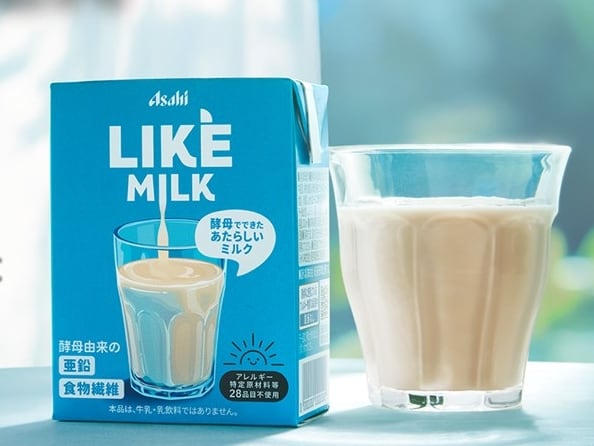RTC pastes: Culture and convenience combo crucial to entice young Asian consumers
Ready-to-cook (RTC) pastes can tap the rising at-home cooking boom in Asia by including a combo of heritage and convenience in their innovations.
RTC cooking pastes are used widely in Asia for at-home cooking and foodservice applications, especially in local Asian cuisines.
Popular examples include Thai green curry pastes, Malaysian laksa pastes, Indian curry pastes and so on, with a lot of emphasis on authenticity and taste.
However, with the rise of younger consumers as major spenders, the demands made of these products have moved beyond how these taste, to a growing focus on how these are adding value to their lives.
‘Recreating the whole cow’: Price parity still king in cultivated meat industry
Cultivated meat may be touted as the future of protein for the masses, but reaching price parity is still top-of-mind for most players currently
In the world of alternative proteins, perfecting the large-scale production and commercialisation of cultivated meat is considered a form of holy grail to many.
There have been many iterations of marketing strategies over the years to make this more appealing to the average consumer, from an initial focus on the sustainability benefits, to a focus on the food safety and hygiene benefits, and most recently the potential to integrate production into traditional meat supply chains.
So far the consensus is that an amalgamation of all these traits is likely to be necessary for cultivated meat to make its mark – but also that pricing and affordability needs to be top-of-mind for the industry to make even a dent in the price-sensitive Asia Pacific market.
UAE and South Korea pegged as ‘dark horses’ in regional food AI leadership
National AI prioritisation by the UAE and South Korea could see both nations leading regional AI usage for the food sector in the near future.
The use of artificial intelligence (AI) in the agrifood sector has grown by leaps and bounds over the past decade, but whenever mentioned as part of the Asia Pacific or wider AMEA (Asia, Middle East and Africa) region, China usually dominates the conversation.
This is unsurprising given the rapid progress it has made in this field, from the launch of DeepSeek rivalling ChatGPT to the integration of AI into DJI drones.
That said, with the interest in the tech rapidly rising in the region and more data being gathered, many other governments are also buying into its potential, including South Korea and the United Arab Emirates (UAE).
‘Convenience is the buzzword’: Tee Yih Jia expands ready-to-eat range for Asia and beyond
Singapore’s Tee Yih Jia is rolling out new ready-to-eat products and customised food solutions to drive growth in retail and B2B markets.
The 50-year-old brand known for its Spring Home range is expanding into ready-to-cook meals and ambient foods on top of its current frozen food offerings, which include ready-to-cook tang yuan (sweet glutinous rice balls), spring roll pastry, and paratha.
The focus on ready-to-eat foods caters to the increasing demand for convenience and easy preparation.
“Convenience is the buzzword. Especially for fast-paced regions like Singapore. Anything that’s air fryer friendly, steamer friendly, and easy to cook, people will buy. If it’s ready-to-eat, that’s even better, because you don’t even have to do any preparation work,” said Tan Wei Xun, Tee Yih Jia’s assistant business development manager.
Healthier, spicier, faster: Amoy Canning taps vegetarian and condiment trends in Asia
Singapore’s Amoy Canning says it is tapping into Asia’s growing appetite for vegetarian meals and spice-forward condiments.
“The vegetarian and plant-based series were developed because more people are becoming health-conscious. There’s this perception that plant-based or vegetarian means healthier.
“We also want to create products that are versatile – something you can use for cooking or eat as a condiment or seasoning,” said Amoy Canning’s VP of Marketing & Projects Johnny Foo.





